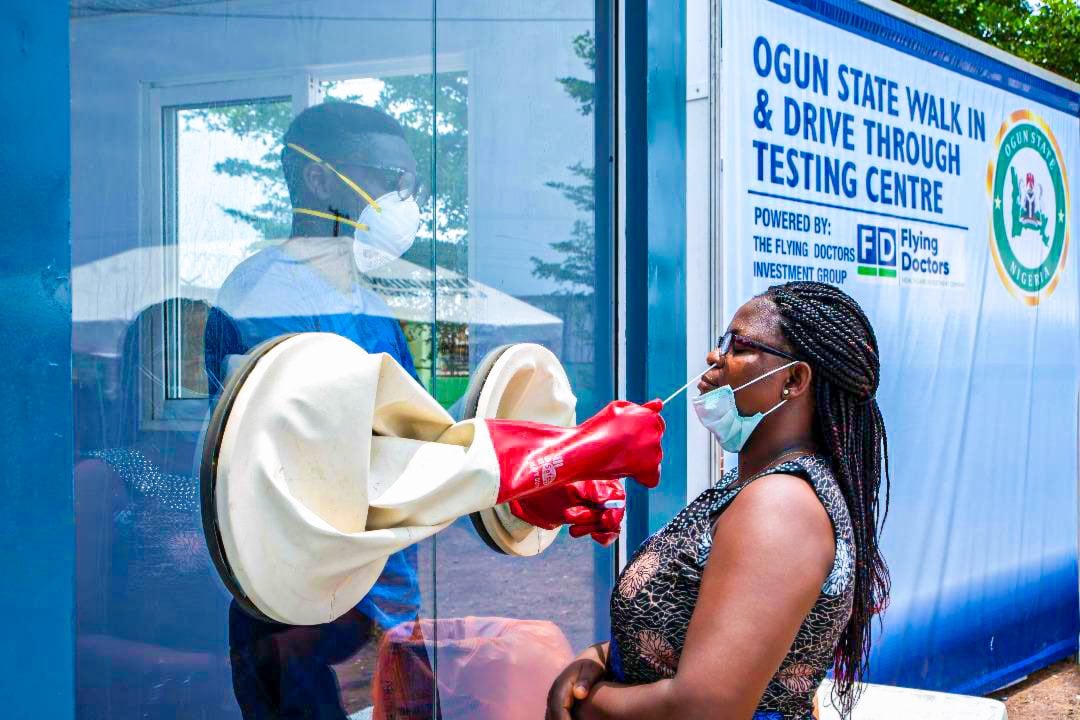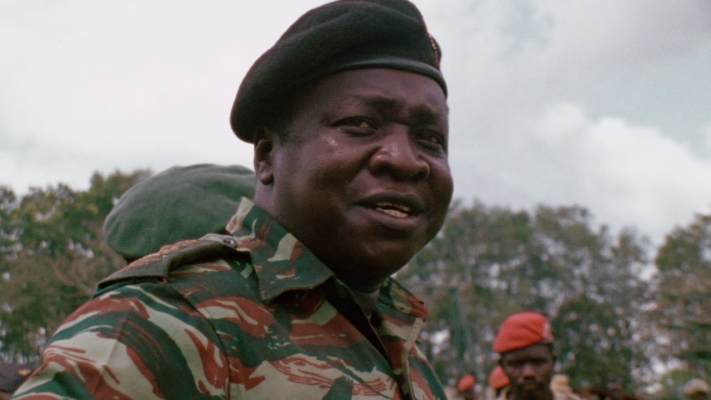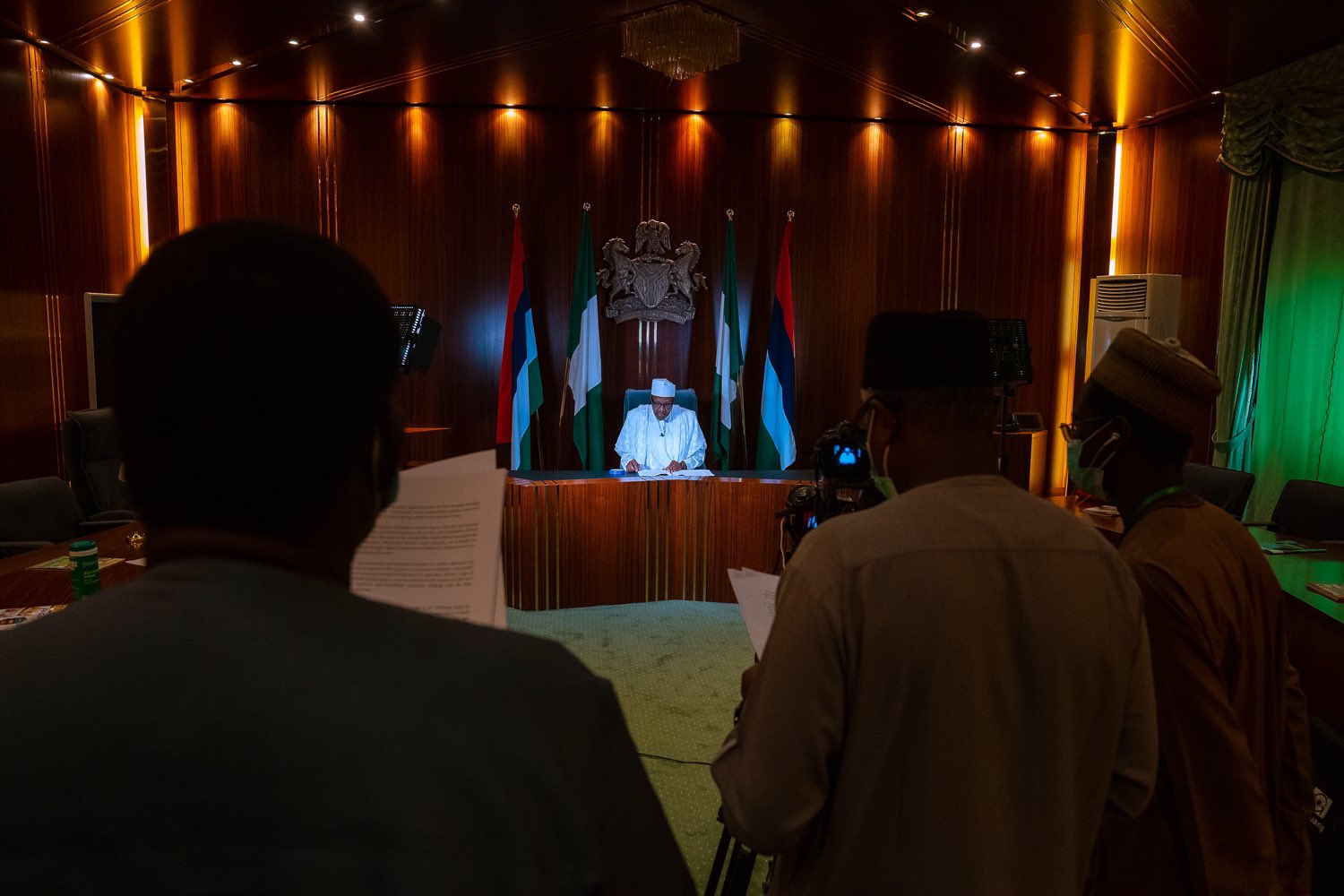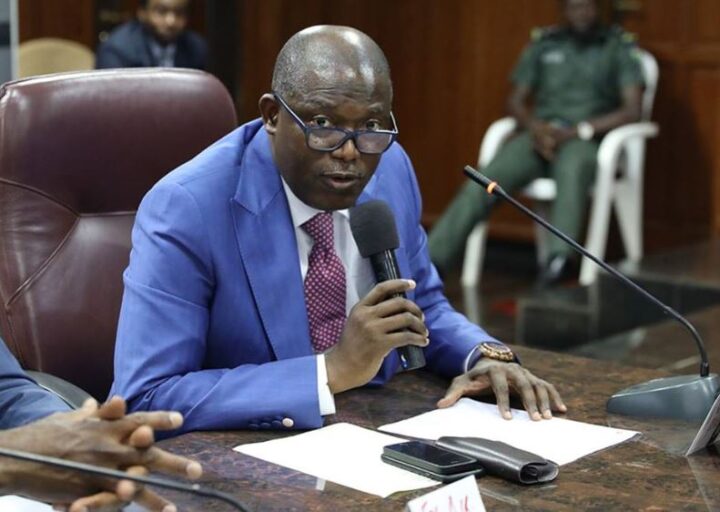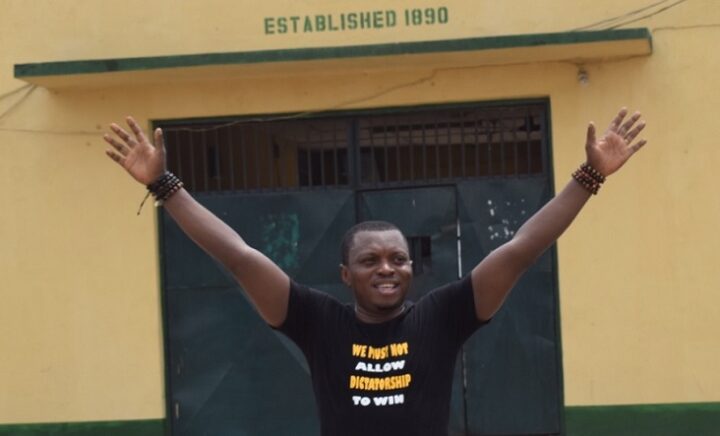After over four weeks of compulsory isolation, the lockdown order was partially lifted by the authorities after multiple entreaties were considered. During his third nationwide broadcast on COVID-19 pandemic, President Muhammadu Buhari approved easing of the lockdown in Abuja, Lagos and Ogun States. Expert advice had indicated that a prolonged lockdown will create more hardship, emotional torture and social unrest so that the “cure” – as it has now been popularly framed – is not worse than the “disease”. Easing the lockdown is one thing, managing the exponential increase in the number of new cases is another with Kano becoming the new epicenter of COVID-19 as the ancient city recorded 80 new cases in one day! As at the time of writing, our record was 1,932 cases, 58 deaths and 319 recoveries. With 204 cases in one day in Nigeria, that is a significant spike.
The lockdown scenario is a global strategy to contain the spread of the raging and deadly coronavirus pandemic but it has been argued by several commentators and economists including Prof Charles Soludo that African countries with thriving informal sectors cannot afford the lockdown approach adopted by countries in Europe, North America and Asia. Although a semblance of life has gradually returned to Wuhan, China, where the virus originated, the city was under lock and key for close to 80 days.
Apart from coronavirus, we also now have “hungervirus” which should be handled with care. Both viruses are deadly and as we know, a hungry man is an angry man. Without a job or money in the bank, how would bread winners take care of their families? When a man is unable to provide for his family even during a global crisis as we currently have it, he loses his self-esteem; such situations create fear, uncertainty, panic moments, depression and anxiety. When it is time for school fees, how will they be paid? Savings in the bank of any kind have been wiped out because of continuous withdrawals to buy food and other basic necessities. What COVID-19 has done is creating severe economic crisis across the world: businesses are shutting down, no regular income, we have crippling inflation and collapse of oil prices; with a compromised global supply chain, food banks are springing up; tax revenues have dwindled and unemployment numbers have hit the roof. What the lockdown has taught us is that there are many things we can do without thereby cutting costs. At this time, it is critical to meet the basic needs of dispossessed families and vulnerable households and the various intervention initiatives throughout the country are thoughtful and helpful. For the rest of the year, calendars of different activities will be tentative; we are all victims of a wicked virus that escaped from Wuhan and began terrorizing the world with multiple harvests of deaths.
However, one thing is certain: the pandemic will not last forever but it is now evident we have to brace up for the economic challenges ahead. Jack Ma, billionaire founder of Alibaba group, was very direct with his message of hope and survival. “For people in business, 2020 is really just a year for staying alive,” he said. Ma’s thesis forbids us to even talk about our dreams or plans; instead we should make sure we stay alive. “If you can stay alive, then you would have made a profit already,” he added. The parable of “staying alive” by Ma is indicative of the uncertain times that confront us. All over the world, the economic outlook is bleak; stories of job losses and businesses collapsing are the same; the sudden economic meltdown shows the world was not prepared for the pandemic resulting in a blame game between America and China.
Advertisement
While I concede that China was economical with the truth on COVID-19 outbreak, what we need now is collaboration – not chest thumping and not trading blames — to tame the coronavirus monster and plan for the future. The focus should be on developing vaccines and mitigating a second wave of the virus. In the meantime, the grim statistics shows that the global economy in a bad shape. In the United States, it is reported that the country’s GDP declined by 4.8% in the first quarter (January — March, 2020), the first decline in 6 years and over 30 million jobs have disappeared in just five weeks; John Hopkins University is also bracing for a hard time with an estimated revenue loss of over $100 million this year. It does not look like British Airways will receive any bail out as the planned re-structuring exercise by the airline could lead to 12,000 employees being laid off. Southwest Airlines is also facing similar challenges as the airline is recording its first loss in 11 years. Southwest Airlines CEO, Gary Kelly, is confident that the global economy will bounce back but the recovery by companies and individuals will come with some pains, according to a CNN report. Expressing the same sentiments, Guillaume Faury, CEO of aircraft manufacturer, Airbus, said coronavirus is the industry’s “gravest crisis” just as Harry Theocharis, the Greek Tourism Minister, lamented that their economy is suffering from lack of tourism revenue.
African countries — they never fail to disappoint — are at the receiving end in search of bail outs and debt reliefs. The World Bank says Sub-Saharan Africa will suffer its first recession in 25 years. To be fair to African leaders, no one saw coronavirus coming but even if they did, the economic shocks would still have been present because of poor visionary leadership and lack of political will to make the right decisions. According to Dr Akinwunmi Adesina, President of Africa Development Bank, “There’s panic across financial markets and the global economy has drastically slowed down. Supply chains have been severely disrupted and it is no longer business as usual.” COVID-19 could cost Africa’s GDP loss of over $22.1 billion, and in a worst case scenario, the loss could be as much as $88.3 billion. As Dr Adesina noted, African countries are asking for forbearance, not debt forgiveness, and as recession – and possibly depression — looms large, Africa’s total public debt for this year will be over $2 trillion.
Look at Nigeria’s case where crude oil accounts for 90% of our export earnings (revenue in dollars), 9% of GDP and 60% of total revenue. Due to the global pandemic, Nigeria is losing about $35 million daily as we are unable to sell our oil at the pre-set benchmark prices of $57 which was subsequently revised to $30. In a country of over 200 million people – largest population in Africa and ranking 7th in the world – with an active but largely jobless youth segment, how are we going to survive and overcome the current economic challenges? It is a problem that faces everyone – individuals, households, businesses and the nation. Right now, we can situate our economic challenges in five key areas: revenue challenge/fiscal deficit; rising debts and expanding loan portfolios (debt service-to-revenue-ratio is 60%); high cost of governance (it has to come down by any means possible), rising inflation rate of about 12% and depleted foreign reserves. It was therefore not surprising when the Finance, Budget and National Planning Minister, Zainab Ahmed, announced last month a cut in capital expenditure of N1.5 trillion ($4.17 billion) from a 2020 national budget of N10.59 trillion ($29.42 billion) representing 11% of GDP.
Advertisement
When the Economic Recovery and Growth Plan (ERGP) was launched three years ago, the primary objective was to diversify the economy and shift attention to the non-oil sector but the global pandemic has reversed the gains of the growth strategy. The ERGP focused on three strategic objectives:
- restoring growth
- investing in the people
- building a globally competitive economy
To restore growth, ERGP was conceptualized to stabilize the economy and then restructure the economy for growth. The Plan targeted a growth rate of 7% by 2020 driven by strong non-oil sector growth anchored on agriculture and food security, energy, transportation and industrialization. The ERGP also envisioned that our people are the best resource we have. Thus, we need to invest in them through improving access to healthcare and education, promoting social inclusion and creating jobs. To build a competitive economy, attention must be given to accelerating key infrastructure development and also improving the ease of doing business.
Unfortunately, the economy has continued to contract with growth rate now at 2% which is likely to decline further. With scarce foreign exchange revenue, there would be pressure on the Naira which will have a bandwagon effect on forex transactions. Recently, the dollar sold for N450 in the parallel market but the Central Bank of Nigeria (CBN) in a strategic move recently to prevent speculation in the foreign exchange market, debited about 30 banks a total of N1.47 trillion (liquidity mop up) as additional cash reserve requirement (CRR). In addition to the stimulus packages introduced by the CBN targeted at SMEs and the manufacturing sector to save the economy, the CBN may also consider the four-point proposal of Tim Akano, my colleague on the Board of the Nigerian American Chamber of Commerce (NACC), as additional incentives to stimulate the economy stated below:
- Nigerian businesses that are five years old and above should be allowed to draw up to a maximum of 20% of their 3 year-average yearly turnovers as a loan at a 5% interest rate with a one-year moratorium within seven days after the lockdown is lifted, using their businesses as collateral. When China became serious about transformation, Chinese businesses got cheap loans (5%) within 72 hours of submitting their loan applications;
- 50% salary subvention for three months (April, May June 2020) from the government for all Nigerians working in corporate organisations;
- CBN to mandate commercial banks to extend the moratorium on the existing business loans that have fallen due by adding one more year without penalties, and
- Raise $50 billion from an Africa Diaspora Investment Fund (ADIF). Interest on savings on fixed deposit has evaporated in some developed economies; in fact, negative interest is what you will find in some countries such as Switzerland. Therefore, an Interest rate of 3% for the Diaspora investors will be sweet music to their ears. $50billion can be raised from 10 million Africans in the diaspora investing an average of $5,000 each. This is better than loans from China or the International Monetary Fund (IMF). AfDB can be called upon to the midwife the deal.
There’s no doubt declining national revenue will affect monthly federal allocations for the three tiers of government. It will be a struggle in the months ahead for state governments to pay salaries and pensions and it is looking like there might be no bail out this time. When there’s nothing to share from the honey pot in Abuja, what are the state governors going to do? Peter Obi, former governor of Anambra State, has said it is possible to run a state in Nigeria without owing workers and piling up public debts. From his own personal experience, Obi said he reduced the cost of governance and left a healthy balance after two terms in office. If we are unable to disprove Obi’s savings theory, why is it difficult to adopt it and save money, especially at this time when the country is flat broke? Debt reliefs from China, G20, Germany as well as the emergency support from IMF are vital life-lines to keep our heads above water as we strive to stabilize the economy.
Advertisement
There’s hardly any industry that has not been affected by the distortions in the economy; however the ICT sector, internet service providers, logistics, healthcare and agro-allied businesses as well as telecom operators are scaling up their services to meet growing demand. Online engagements have also increased with remote learning and working including online banking becoming the new reality. Opportunities in digital marketing mean we can acquire new skills as a commonsense strategy for survival.
Braimah is a public relations and marketing strategist based in Lagos
Views expressed by contributors are strictly personal and not of TheCable.
Add a comment

